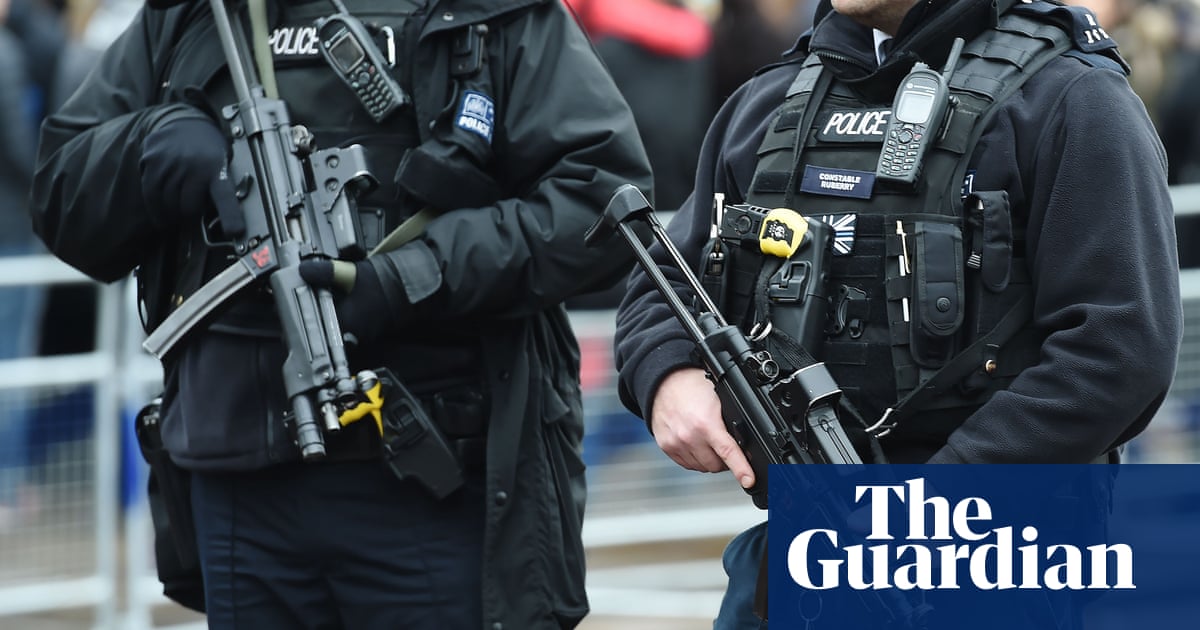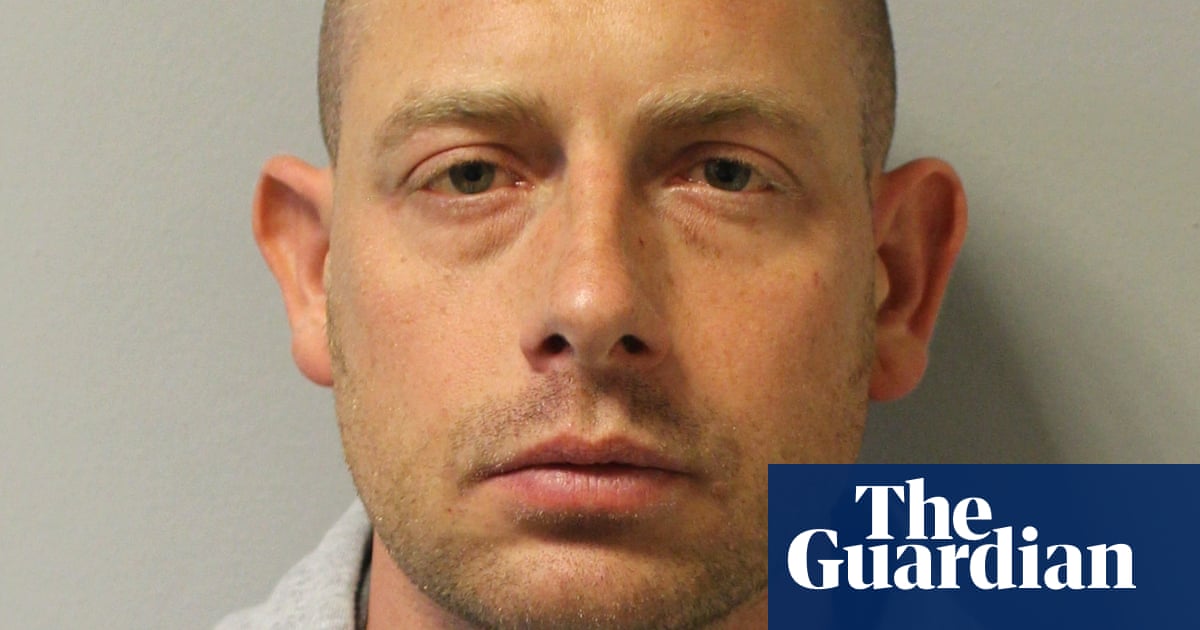
Rights groups have criticised police after a boy of 16, attacked by far-right opponents of a Black Lives Matter demonstration in London, said he was stopped and searched by the policeman he had asked for help.
The teenager, who is black, said that even though he had been injured in the attack, the police officer he approached for protection looked him over, searched him and told him to find medical help elsewhere.
His family is preparing to launch a complaint against the Metropolitan police.
Katrina Ffrench, chief executive of StopWatch, the UK organisation that works to promote fair and accountable policing, said: “It is disgraceful that an injured child asks the police for assistance and is treated like a criminal.
“This is precisely the type of disservice that causes young people to not trust and engage with police. The officers involved need to be reprimanded; rather than support this boy they searched him, despite there being no grounds that he was carrying any illegal items.”
Gerard, who preferred not to give his full name, and two friends had travelled together from Essex to join the Black Lives Matter protest on Saturday, 13 June, unaware that organisers had called off the rally to avoid confrontations with far-right protesters and football hooligans.
The boys were near Victoria Street, in Westminster, when far-right protesters confronted them and Gerard became separated from his friends. He was attacked and knocked to the ground when one assailant hit him in the face with a bottle, cutting him below his left eye.
“When I was on the floor I was thinking … I don’t really know how I’m going to get out of this and if I do get out of it I still don’t know how I’m going to end up,” he told Channel 4 News. “When I was able to stand up I felt blessed that I was even able to stand up after what happened.”
A bystander came to his rescue, separating him from his attackers and going with him to find a police officer. Gerard said he asked the officer to help him to safety, or to an ambulance.
“And he was like: no,” Gerard said. “He had to go and help the rest of his team. He did at least try to talk me through it and look for injuries, but he also stopped and searched me.”
The Metropolitan police said there was a section 60 order in force, giving officers the power to stop and search “those they believed to have been involved in violence”, and that the officer who had first assessed Gerard “deemed [his injury] was not serious”.
In a statement, the force said that police told Gerard’s family about what had happened and had begun an investigation into the attack on him, which was being treated as a racially aggravated assault. But Gerard’s family have said that police contacted them only after Channel 4 News began asking questions. They contest several details of the Met’s account.
Suresh Grover, of the Monitoring Group, an antiracist organisation, has been supporting Gerard’s family. He said: “Gerard was a victim of an unprovoked and brutal racially motivated assault, the intention was to kill him and he is lucky to be alive. He was bleeding heavily from his eye and in a state of a shock when he sought help from a police officer but he wasn’t afforded the protection that he rightly deserved.
“Instead of being treated as victim, he was viewed as suspect. That attitude stems from a mindset of seeing black young teenagers as problem. It took one of Gerard’s white friends to ask another police officer to call the ambulance.
“We are working with the family to ensure that Gerard recovers properly and to ensure that the police investigation of the assault and the stabbing is investigated properly. The family has asked us to initiate the complaints process.”
Kevin Blowe, coordinator of the police monitoring group Netpol, said: “This was a racist attack. For decades local police monitoring groups argued that treating black people as second-class citizens when they report racist violence was the flipside to the stop-and-search racial profiling that immediately treats black communities as criminals.
“The grim inevitability of Gerard’s treatment is a direct challenge to the claim last year by the commissioner, Cressida Dick, that ‘this is an utterly different Metropolitan police’, one that is no longer institutionally racist.”












